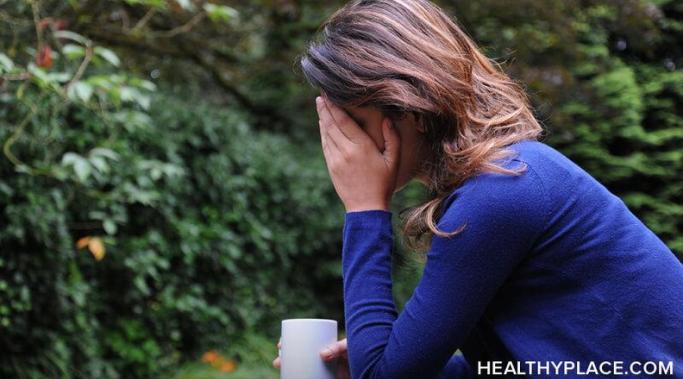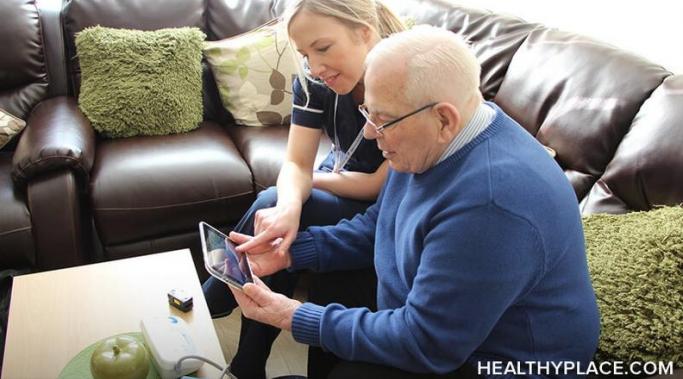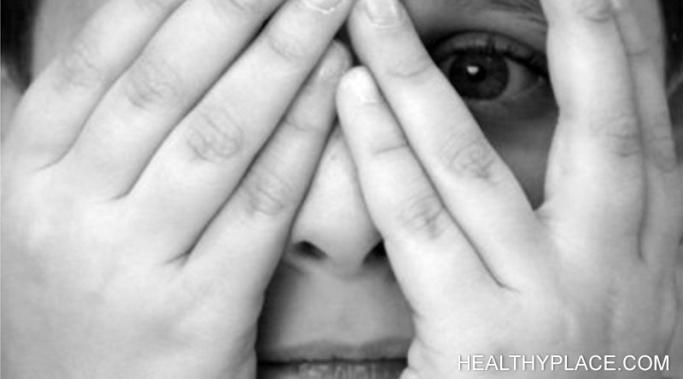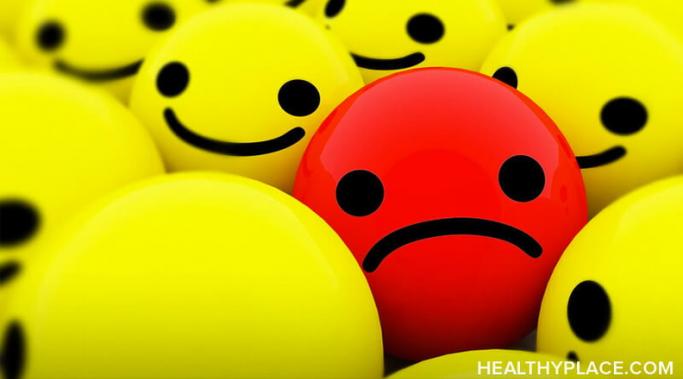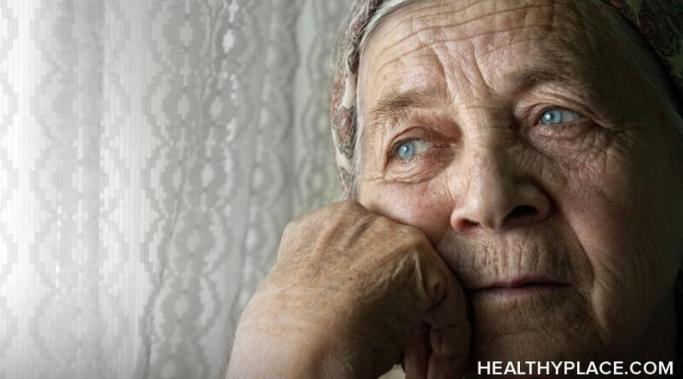Do you know how gut health affects mental health? We know that mental health and physical health aren't separate concepts. But still, it came as a slight surprise when my psychiatrist said that gastroenterologists call the gut "the second brain" because it has such a powerful impact on one's mental health. For example, constipation (a side effect of many psychiatric medications) can cause the body to kick into fight-flight-freeze mode, which causes racing thoughts, fear, and panic. So it is important to know how gut health affects mental health.
Self-care - Recovering from Mental Illness
Red Bull may give you more than wings: it can give you symptoms of mental illness. What do the studies say about energy drinks and psychiatric symptoms such as mania, psychosis, and substance abuse?
The lack of motivation that can be caused by depression and other mental illnesses can be debilitating. There are some things that are so important they must be done as soon as possible. But for those who battle depression, the lack of motivation can be an enemy that seems insurmountable at times (Depression Can Drain You of Your Will to Live). Here's what to do when depression causes a lack of motivation.
This past week brought a lesson in how vital self-care is to mental health and mental health recovery. Self-care can be overlooked when we are suffering from depression or experiencing other mental illness symptoms. I have a dear old friend who many consider the sweetest person they’ve ever known or may ever know. This dear woman has always been the type who will go to the ends of the earth to help people, and not just friends and family.
This morning, coffee in hand, I tried to think of a topic that might be a little bit easy to write. It's one of those days. I'm a little bit afraid I won't think of anything. And then this idea springs from somewhere in my mind that is clearly more awake than I am. It's not going to be the easiest, but it's something I have never explored before and, well, I guess it's about time. Irrational fear in mental illness can and usually does diminish as we recover.
Acting on impulse, mental illness or not, rarely turns out well. So, this is, unfortunately, a post about my situation, formed by acting on impulse. I focus on myself not out of some form of narcissism (I might enjoy writing this blog if that were the case) nor because I feel particularly obligated. I write about it because I have become a damn good example of acting on impulse when life gets dark. Right. Here we go.
Part of mental health self-care involves identifying potential triggers and avoiding them or, at the very least, preparing for the impact they may have on your life. Those of us who have a mental illness have a harder time adjusting to life changes: relationships, starting a new job or losing an existing one, changing locations, the loss of a loved one. It is ironic, but positive life changes can also have an adverse influence on mood. It's hard to find balance among all of the different cards that life deals us, but it's crucial to be able to distinguish circumstantial stress from signs and symptoms of relapse.
Mental illness is an isolating and lonely disease. This is not to say that everyone diagnosed with a mental illness feels alone in their struggle, but many of us do, most of us do at some point in our recovery. Because I was diagnosed with bipolar disorder at the age of twelve, I have often felt lonely and as if very few people could really understand me. And now, twelve years later, I still struggle with a feeling that I am alone in my illness, that despite a concerted effort on the behalf of those who love me, they cannot really understand the struggle. These thoughts, these feelings, are normal in connection to mental illness, because by nature, mental illness is a lonely and isolating disease.


